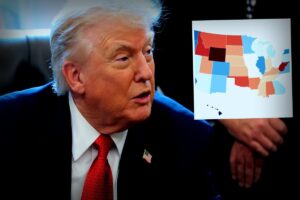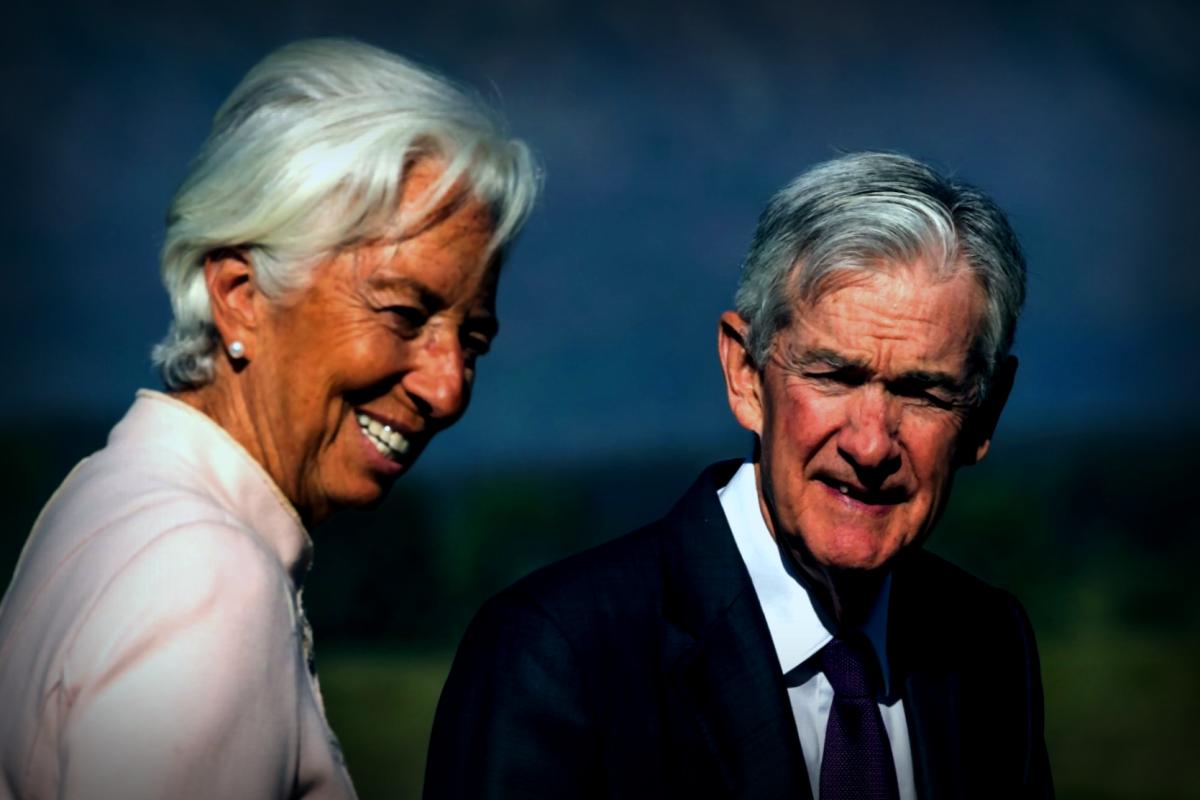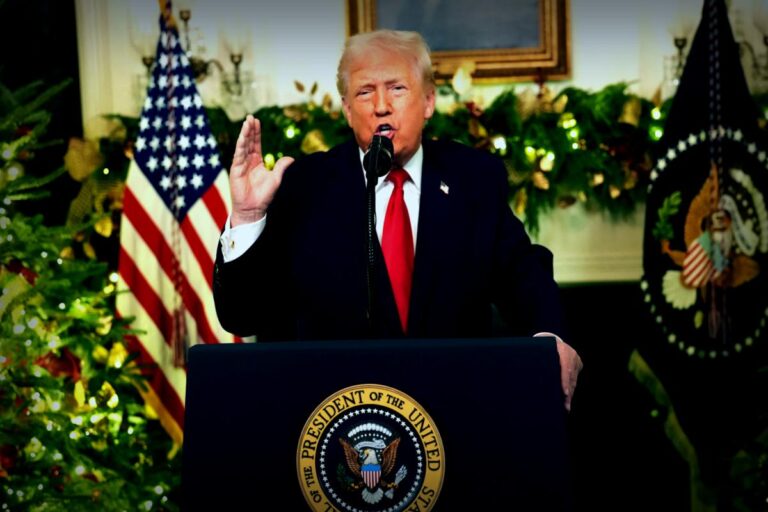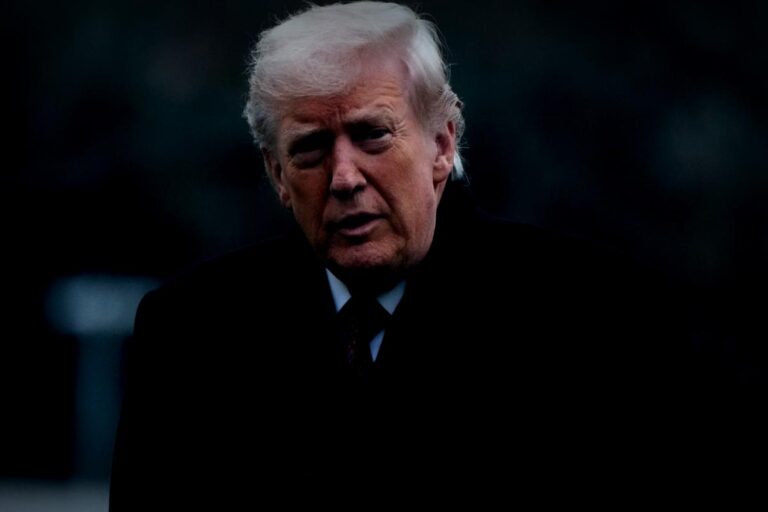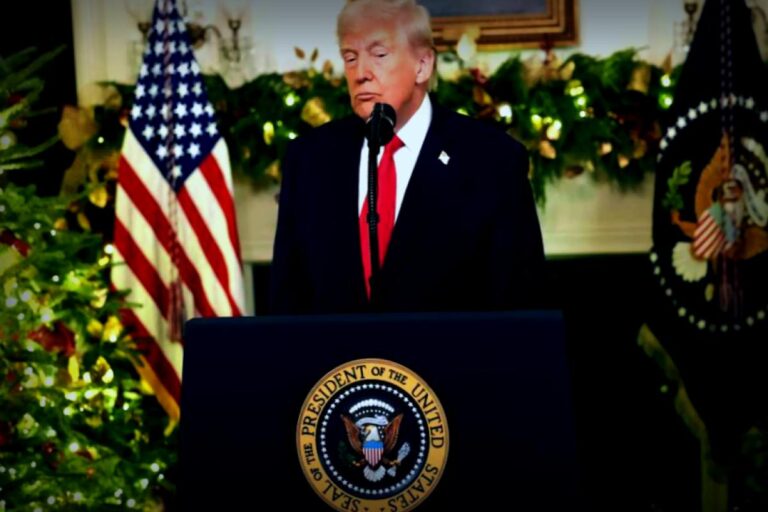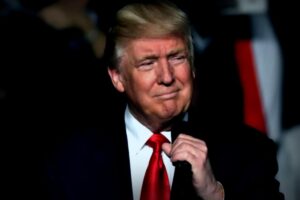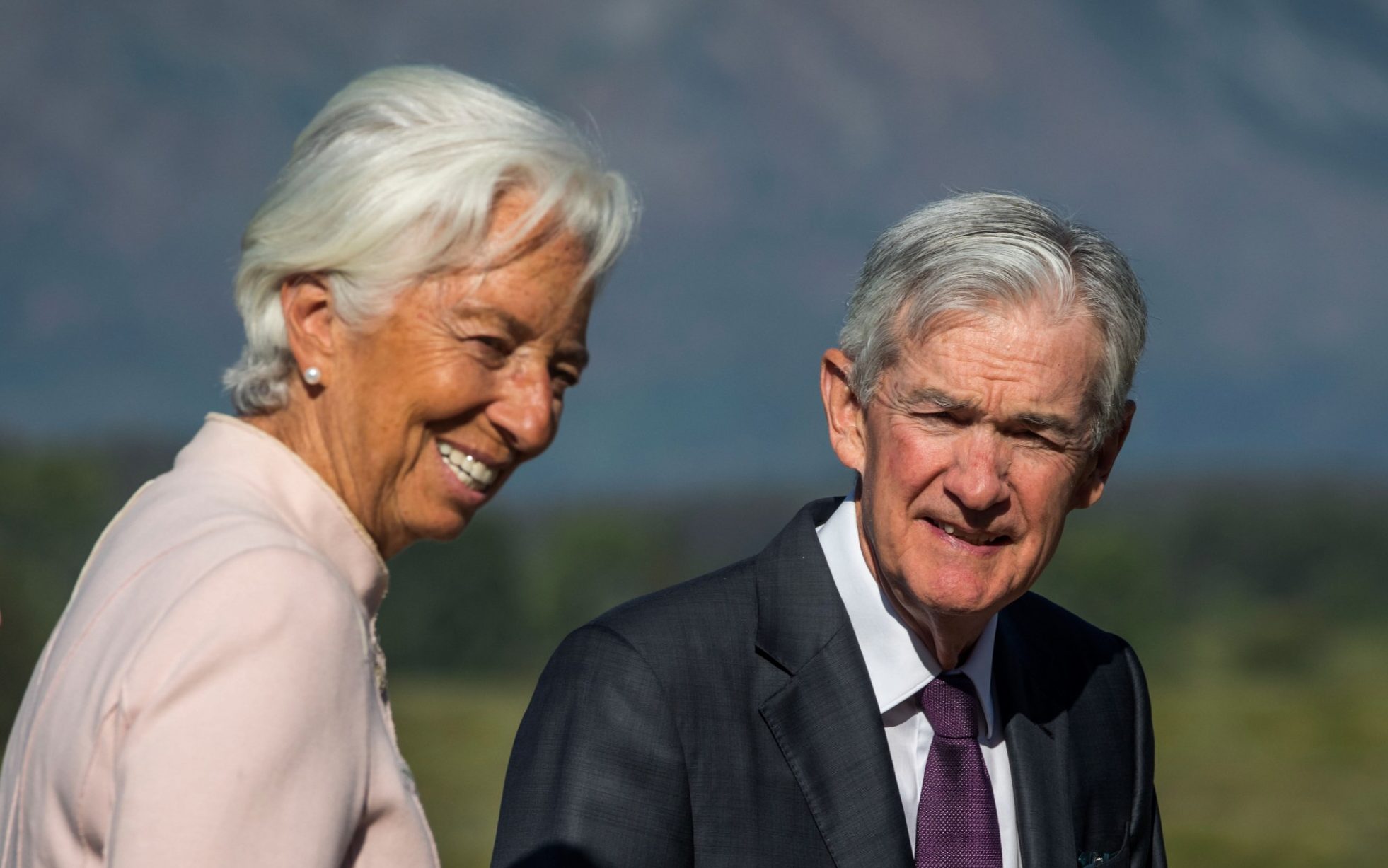
Christine Lagarde, head of the European Central Bank, sent a strong message to Donald Trump, warning that his potential interference with the Federal Reserve could lead to economic instability in the United States.
Lagarde stressed that for central banks to successfully manage inflation and bolster economic growth, they need to operate independently. She shared her perspective during an interview with Fox News, where she caution about the consequences of undermining monetary policy independence.
“If it becomes compromised, it no longer functions effectively—it starts making missteps,” she explained, adding that the next logical outcome is disruption and instability shifting the economy towards worse challenges. “This isn’t something that should even be up for discussion,” she asserted.
Even though Lagarde didn’t name Trump directly, her remarks come at a time when the President has been exerting considerable pressure on the Fed and its chairman, Jerome Powell. Notably, Trump appointed Powell during his initial term but has recently criticized him harshly, calling him names for sticking to his guns about interest rates.
In his recent statements, Trump alluded to thoughts of possibly dismissing Powell amid worries surfacing in the financial markets regarding the renovation costs at the Fed. However, he dismissed this possibility as unlikely in the near future, especially considering that Powell’s term wraps up next May.
The current headline interest rate pegged by the Fed stands at 4.5%, while Trump believes it should dive down to 1%. This ongoing tug-of-war between financial policy strategies is critical, as Fed officials, including Powell, need to balance keeping inflation at bay while fostering job growth.
Minutes from the Fed’s latest meetings highlight rising concerns among policymakers that Trump’s tariffs on overseas products are nudging inflation upwards, even as unemployment remains low – although there are signs this job market strength may falter.
Reiterating her main point, Lagarde stated that it’s vital for the Fed to be protected from political interference. “The independence of any central bank is a fundamental issue,” she noted. “We are accountable and must respond to queries from bodies like Congress in the US or the European Parliament in my case. But ensuring this independence is especially crucial for effective governance.”
Economists often argue that keeping central banks independent helps prevent politicians from manipulating interest rates just to win votes, creating a temporary economic uplift that eventually leads to high inflation down the line. The aim of such independence, which the UK established through its Monetary Policy Committee in the late 1990s, is to mitigate risks of boom-bust cycles and solidify the economy’s stability in the long run.




